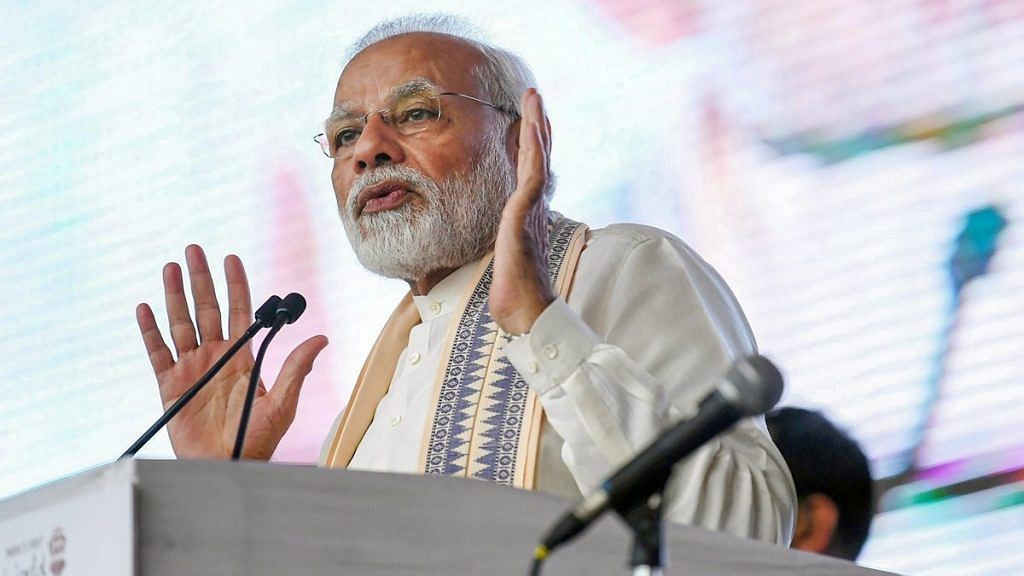Slew of measures in budget will cost exchequer over Rs 94,000 cr, for which govt is banking on higher RBI surplus, better disinvestment and corporate tax.
New Delhi: Higher surplus from the Reserve Bank of India (RBI), dividend from banks, robust growth in corporate tax collections and higher disinvestment proceeds are some of the things the Modi government is banking on to fund some of the populist schemes it has announced in the interim budget 2019-20.
The government will also borrow more from the markets in 2019-20 to fund these initiatives while squeezing capital expenditure, budget documents show.
In its last budget before the Lok Sabha elections, the Modi government announced a slew of sops for farmers and the middle class, some of which are effective from the current year, as the government looks to please these politically crucial vote-base.
These slew of measures will cost the exchequer a total of over Rs 94,000 crore in 2019-20. While the income support scheme for small and marginal farmers will cost the exchequer Rs 75,000 crore, the tax sops for the middle class will cost Rs 18,500 crore. The initial allocation for the pension scheme is Rs 500 crore but that may increase later.
Also read: Modi danced the fine line – his budget wasn’t anti-rich & his govt didn’t defend past sins
Govt budgets substantially higher tax, non-tax revenues
The Modi government has budgeted Rs 82,911 crore in 2019-20 from ‘dividend/surplus of Reserve Bank of India, Nationalised Banks & Financial Institutions’, as against a budgeted Rs 54,817 crore in 2018-19. The government had revised this estimate upwards to Rs 74,140 crore for 2018-19.
At Rs 7.6 lakh crore in 2019-20, corporate tax collections are also projected to grow at more than 22 per cent over last year’s budget estimates. In 2018-19, corporate tax collections were budgeted at Rs 6.21 lakh crore, which has now been revised upwards to Rs 6.71 lakh crore.
The disinvestment target is also set higher at Rs 90,000 crore in 2019-20 as against Rs 80,000 crore in 2018-19. Net market borrowing has been pegged at Rs 4.73 lakh crore in 2019-20 as against a budgeted Rs 4.62 lakh crore and a revised Rs 4.23 lakh crore in 2018-19.
Optimistic projections, say analysts
Analysts, however, pointed out that some of the revenue estimates may be very optimistic. Akhil Mittal, senior fund manager (fixed income) at Tata Mutual Fund, said the revenue targets, especially on GST collections and disinvestment for 2019-20, looks “quiet stretched and optimistic”.
GST collections are pegged at Rs 7.61 lakh crore in 2019-20, as against a budgeted Rs 7.43 lakh crore and a revised Rs 6.44 lakh crore.
On the other hand, there has been a squeeze in capital expenditure.
Capital expenditure from budgetary allocation, as a percentage of GDP, has fallen to 1.6 per cent from 1.7 per cent as per the revised 2018-19 estimates. However, in absolute terms, there has been a marginal increase.
Moody’s Investor Service, in a note, pointed out that though no new policies to increase revenues were announced, a number of expenditure measures were announced that will increase outlays and “put pressure on the government’s ability to meet its fiscal deficit target”.
Also read: Direct benefit transfers to income guarantee — 6 ways Modi govt could tackle farm distress
